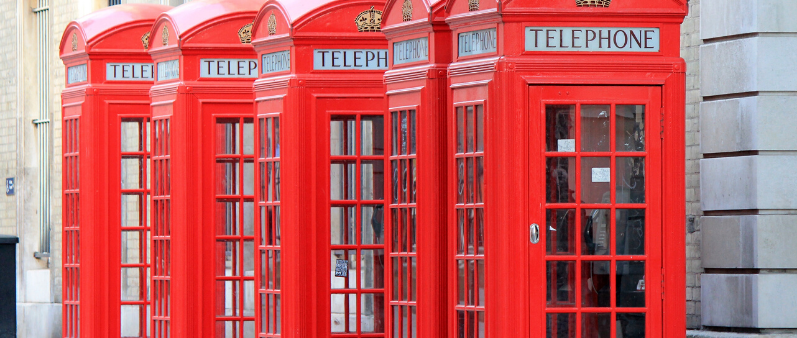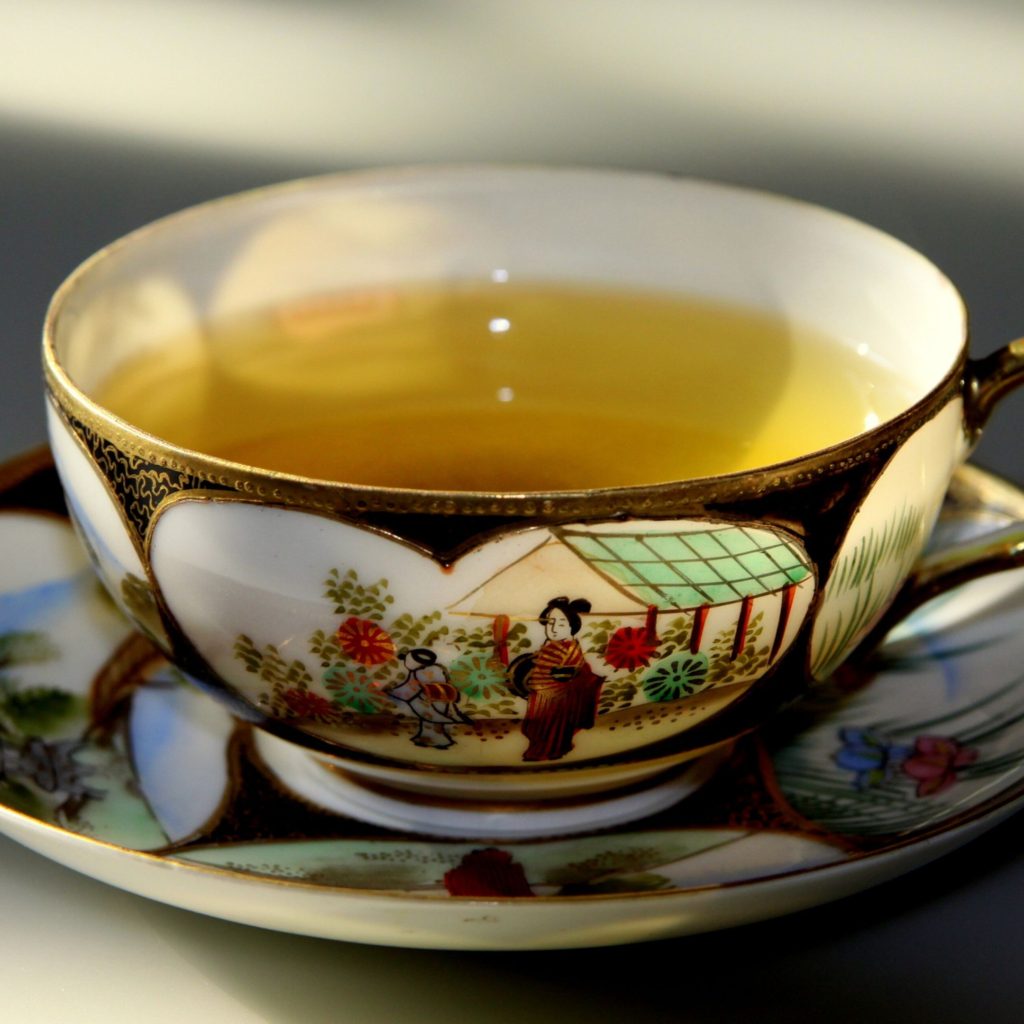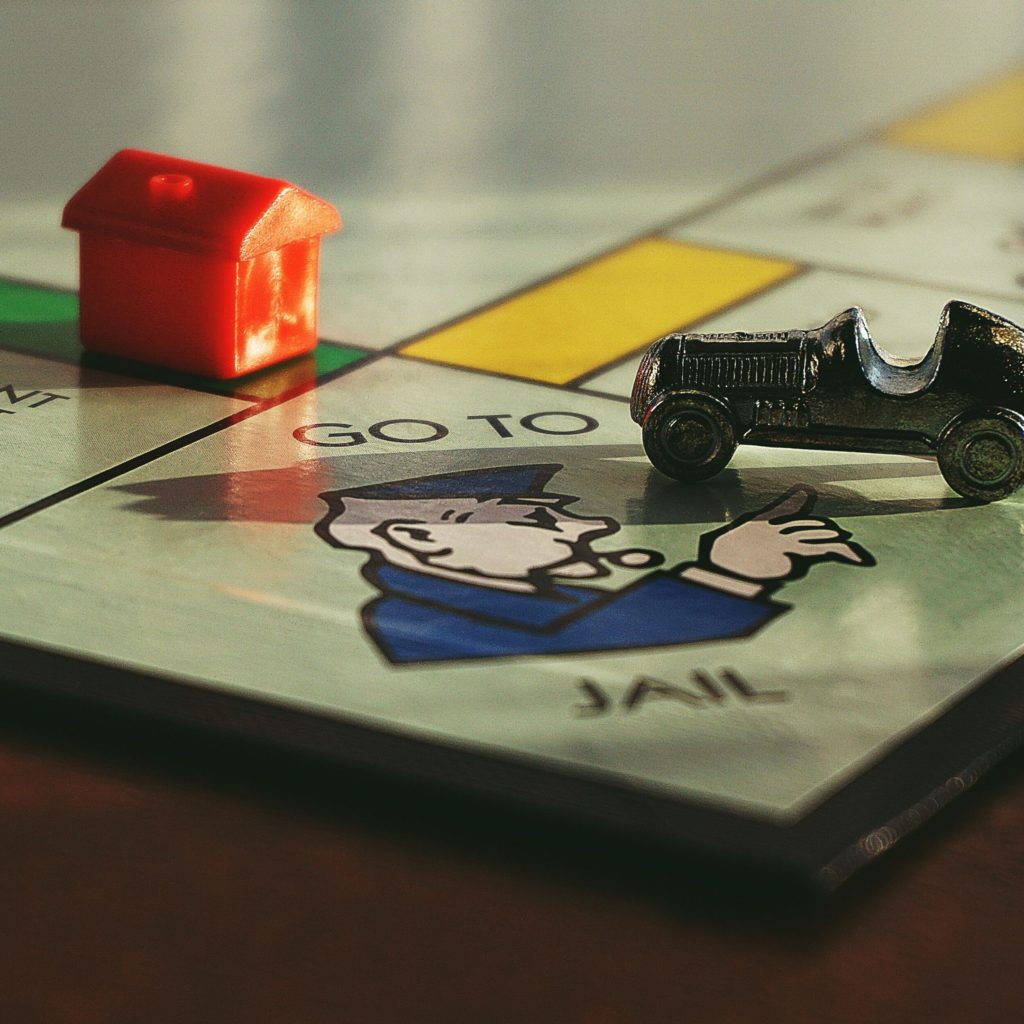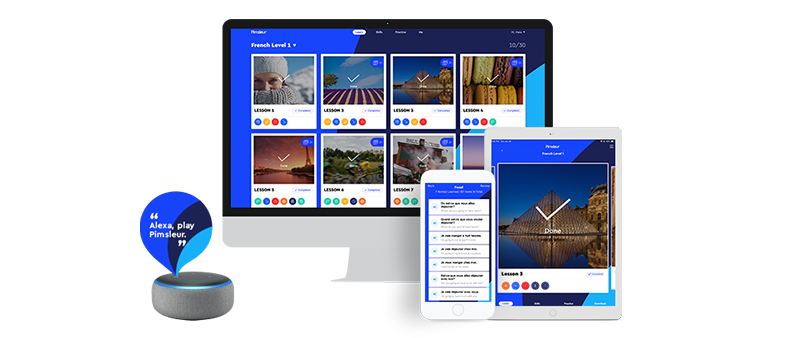
Ever wondered what the difference is between US and UK English? Apart from everyday words—like trainers instead of sneakers and holiday instead of vacation—you’ll see the most difference in the slang. British lingo has a reputation for cleverness and originality that rivals even the most imaginative American slang.
Language isn’t a set thing; there are new words entering everyday use all the time. Even with America and Britain sharing a common history, heritage, and linguistics, there are significant differences between American slang and British colloquial words. Part of that difference comes from different words with the same meaning (bus and lorry, for example), while other distinctions are rooted in historical events and common phrases that don’t share similar bonds.
Knowing your share of British lingo makes for more interesting conversation, a greater appreciation of the country’s unique culture, and fascinating travel experiences, too!If you’re heading to the UK, you might hear all kinds of words in informal speech which you’d never hear in the U.S. So, if you want to sound like a real Brit, buck the “helpless American traveler” stereotype and incorporate these British slang phrases into your travel vocabulary. Who knows…you might just get a free pint or J2O mocktail from a local inside a London East End pub!
British Slang Terms You Should Start Using
1. Cuppa

Let’s start with an easy one. We all know the Brits love a good cup of tea, but did you know that tea can also be called a cuppa. This slang word came from the phrase “cup of tea,” which was shortened to “cuppa tea” and eventually just cuppa.
There’s evidence of it being used back in the early 1900s, so it’s not new slang, but it has stuck. Although it’s short for “cup of,” it’s only ever really used to mean “cup of tea.”
Examples:
Would you like a cuppa?
First thing I do every morning is make myself a cuppa.
£5 for a cuppa? That can’t be right.
2. Bloody
Pretty much every American has heard a Brit use “bloody” when speaking. But, for bloody’s sake, what does this popular UK slang translate to? Bloody is an adverb used to show anger or surprise. You’ll sometimes hear the term spoken in other Anglosphere countries like Australia, Canada, New Zealand, and even South Africa.
It’s another slang word that’s been around for a while, with uses found in the 1600s. It was even considered a swear word until the 1900s. Now, though, it’s much more acceptable.
Examples:
Oh, bloody hell!
That’s bloody ridiculous!
I’m bloody freezing!
3. Mate
Here’s another UK slang word that doesn’t need too much explanation. Mate means friend and can be used to refer to someone you know, but you can also use it when informally addressing a stranger. Think of this British slang word as the rough equivalent of the American “dude.”
Examples:
Hi mate, good to see you again.
Excuse me mate, can I sit here?
My mates threw me a surprise party.
4. Nick

The nick, to nick, and to get nicked all have slightly different but related meanings. The noun, the nick, means a prison, whereas the verb, to nick, means to steal. And, just to make things extra confusing, to be nicked or to get nicked means to be arrested.
Examples:
He spent three years in the nick.
Don’t leave your car unlocked, it’ll get nicked.
My friend got nicked for speeding.
5. Chuffed

Chuffed, always used in past tense, means to be happy or pleased about something, usually something you’ve achieved. According to the dictionary, it can also mean the exact opposite—that is, unhappy or displeased—but that version is rarely used these days. So, if you hear a British person say they’re feeling chuffed, you can safely assume it’s positive.
Examples:
I’m chuffed I got the job.
You must be chuffed with that result.
He got into university, he’s absolutely chuffed.
6. Round

Not only do Brits love drinking tea, but they’re also known for enjoying a few drinks in the pub, too. And that’s where you’ll most likely hear this slang word: round. A round refers to when you take turns buying drinks for everyone in the group instead of all buying drinks separately.
Examples:
It’s my round, what do you want to drink?
Whose round is it?
Are we doing rounds?
7. Dodgy
If something is described as dodgy, it’s bad. But just how bad depends on the context. And pretty much anything can be described as dodgy: a person, an object, an action, for example. Dodgy can range from slightly off or questionable to full-blown illegal.
Examples:
My stomach feels dodgy.
I never liked him, I thought he looked dodgy.
She’s in trouble for doing some dodgy business.
8. Pissed

Here’s another slang word with multiple meanings. If you’re pissed off, you’re angry, but if you’re just pissed, you’re drunk. You might also see piss being used for pee, although that’s more vulgar. And taking the piss can mean either to make fun of something or to be unreasonable.
Examples:
He can’t drive, he’s pissed.
She always takes the piss out of me.
£5 for coffee, they’re taking the piss.
9. Rubbish
Not only is rubbish the British equivalent of trash, but it can also be used as a feeling or to express a negative emotion.
Examples:
I’ve been ill all week, I feel rubbish.
You didn’t get in? Rubbish!
Stop talking rubbish.
10. Knackered
Knackered is usually used to mean tired, but it can also be used when referring to something that’s broken or old. The origins of the word aren’t clear, but it’s thought to have originated from describing old workhorses that couldn’t work anymore.
Examples:
I stayed up late last night and now I’m knackered.
That run has knackered me out.
I need to buy a new TV, my old one is knackered.
Cockney Rhyming Slang

We couldn’t write a blog post about British slang without giving a special mention to Cockney rhyming slang. Although just used in the East End of London and technically not used that often anymore in everyday life, it’s a fascinating window into slang words where everything rhymes. Some favorites include:
Apples and pears = stairs. I went up the apples and pears.
Adam and Eve = believe. Would you Adam and Eve it?
Custard and Jelly = TV (telly). Spent my day off watching the Custard and Jelly.
Dickory Dock = clock. A broken Dickory Dock is right twice per day.
Dicky Bird = word or talk. I need to have a Dicky Bird with you.
Frog and Toad = road. Drive on the left side of the Frog and Toad in the UK.
Loop the Loop = soup. McKinley’s serves the best Loop the Loop in town.
Ruby Murray = curry. I’d love a Ruby Murray.
Pete Tong = wrong. Everything’s gone Pete Tong.
Porky pies = lies. He’s telling porky pies.
Tea Leaf = thief. Colin’s in the gaol (jail). The bugger’s a Tea Leaf.Weeping Willow = pillow.I fell asleep as soon as my head hit the Weeping Willow.
Embracing UK Slang Like a Local
So, there you have it, our favorite UK slang words to get you talking like a Brit. We give you full permission to release your inner Tea Leaf and steal them. That way, once you hit the Frog and Toad in the UK, any stop along the way is an ideal opportunity to strike up a conversation with a Mate whenever they’d like to have a Dicky Bird with you. Remember, it’s not Pete Tong to overuse British slang every once in a while. You better Adam and Eve it…using British slang phrases is both educational and fun! You might even get all chuffed over it.
Inspired to learn new languages beyond English? Download the Pimsleur app and language program to get started with your choice of 50+ languages.
Start a Free 7-Day Trial with unlimited access to all levels in the language of your choice! Afterward, pay as you go from $19.95 /month.
